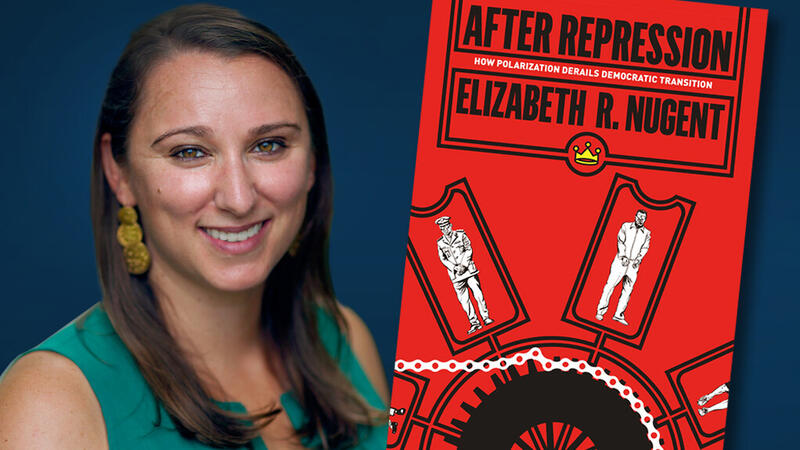The Arab Spring 10 Years on: How Repression and Polarization Derail Democratic Transition
Information Links


- About the Professor
Dr. Elizabeth Nugent received her doctorate in politics from Princeton University with a specialization in comparative politics and a focus on the Middle East and holds a B.A. in Arabic and an M.A. in Arab Studies, both from Georgetown University. She is Assistant Professor in the Department of Political Science at Yale and researches and teaches on the psychology of political behavior in the Middle East, with a further focus on the effects of religion and repression. She was also a postdoctoral research fellow with the Middle East Initiative at Harvard Kennedy School of Government’s Belfer Center for Science and International Affairs. She served as an AY2007-2008 Fulbright Fellow in Cairo, Egypt and has conducted fieldwork for a variety of projects in Egypt, Lebanon, Tunisia, and the United Arab Emirates. Her work has been published in academic venues including American Journal of Political Science, Comparative Political Studies, Journal of Conflict Resolution, and World Politics, as well as in The Los Angeles Times and The Washington Post. Her first book, After Repression: How Polarization Derails Democratic Transition, was published in 2020 by Princeton University Press.

In the wake of the Arab Spring, newly empowered factions in Tunisia and Egypt vowed to work together to establish democracy. In Tunisia, political elites passed a new constitution, held parliamentary elections, and demonstrated the strength of their democracy with a peaceful transfer of power. Yet in Egypt, unity crumbled due to polarization among elites. Presenting a new theory of polarization under authoritarianism, After Repression reveals how polarization and the legacies of repression led to these substantially divergent political outcomes.
